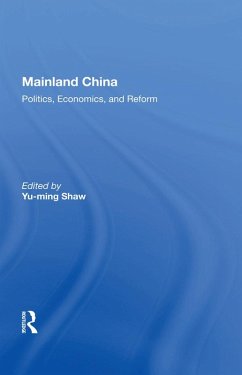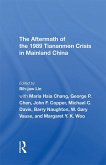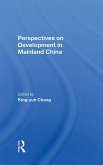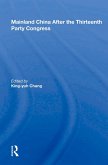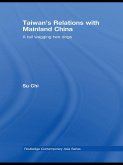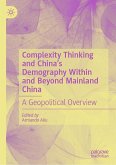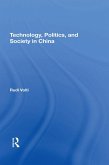Over the past several years, Mainland China has undertaken reforms in various domestic areas, including culture and society, education, the economy, and the Communist Party. In addition, since September 1982 Peking has begun to pursue an independent course in foreign relations. In this volume, based on the Thirteenth Sino-American Conference in Taipei, contributors provide a penetrating analysis of the problems Peking faces in trying to implement reforms and of possible future developments in its domestic and foreign policies. In Part 1 they examine ideological theory and practice, party reform, the Hong Kong question, political corruption, population controls, and cultural and educational problems. Part 2 includes discussion of the Mainland Chinese economic system as a whole, the issue of special economic zones, and agricultural reforms. The final part focuses on China's foreign policy, looking specifically at Peking's relations with India and Western Europe and at the Washington-Peking-Moscow triangle.
Dieser Download kann aus rechtlichen Gründen nur mit Rechnungsadresse in A, B, BG, CY, CZ, D, DK, EW, E, FIN, F, GR, HR, H, IRL, I, LT, L, LR, M, NL, PL, P, R, S, SLO, SK ausgeliefert werden.

